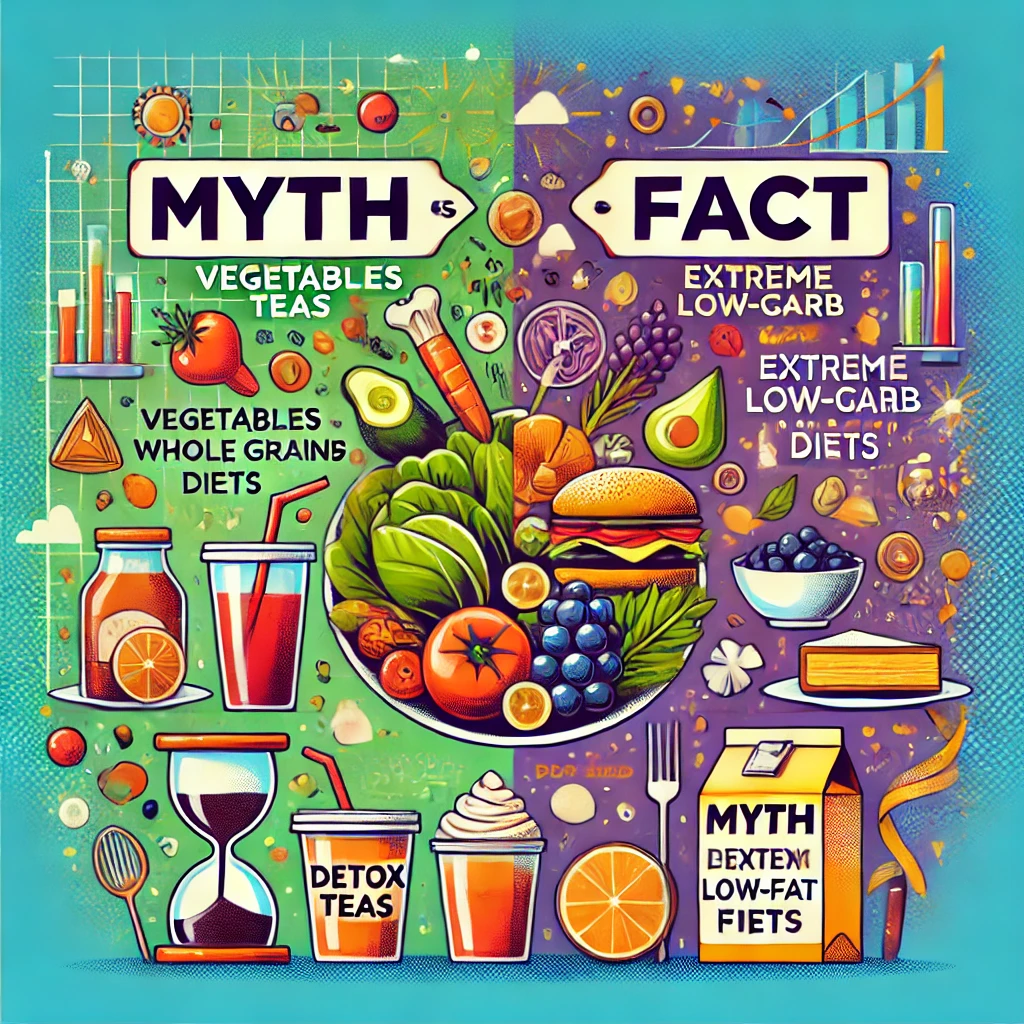Imagine waking up feeling energized, shedding extra pounds without extreme diets, and finally seeing real progress in your weight loss journey, all by simply prioritizing sleep! Sounds too good to be true? Science says otherwise.
In the race to lose weight, we often obsess over workouts and calorie counting while completely ignoring a powerful weight-loss tool: quality sleep. Research reveals that sleep deprivation can sabotage your efforts, while getting enough rest can supercharge fat loss. Let’s explore the surprising ways sleep influences weight and how you can leverage it for your fitness goals.
1. Sleep Regulates Hunger Hormones
Ever noticed how you crave pizza and sweets after a sleepless night? That’s your hormones at play!
Two major hormones control hunger: ghrelin (the “hunger hormone”) and leptin (the “fullness hormone”). When you don’t sleep well, ghrelin levels spike, making you hungrier, while leptin levels drop, meaning you feel less satisfied after eating. The result? You end up overeating, especially craving unhealthy, high-carb foods like chips, burgers, and sugary snacks.
💡 Real-Life Example: A study showed that people who slept only 5 hours a night ate 385 more calories the next day compared to those who got 8 hours. That’s like adding an entire extra meal just because you didn’t sleep enough!
2. Poor Sleep Slows Your Metabolism
Metabolism determines how efficiently your body burns calories. When you’re sleep-deprived, your body burns fewer calories at rest, and your insulin sensitivity drops. This means your body struggles to process sugar, leading to fat storage especially around the belly.
💡 Real-Life Example: Studies found that people who consistently get less than 6 hours of sleep per night have a higher risk of obesity compared to those who sleep well.
3. Sleep Helps You Lose Fat, Not Muscle
Want to lose fat instead of muscle? Sleep is the key!
A study published in the Annals of Internal Medicine revealed that those who slept 8.5 hours per night lost more fat compared to those who only slept 5.5 hours, even when both groups ate the same diet. The sleep-deprived group lost more muscle, which slows down metabolism and makes weight loss harder.
4. Lack of Sleep Leads to Late-Night Snacking
If you’re staying up late, chances are you’re snacking late too. Your willpower is at its weakest at night, and when you’re sleep-deprived, you tend to crave high-calorie, sugary foods.
💡 Example: A study found that sleep-deprived individuals consumed more than 500 extra calories at night, which could easily lead to weight gain over time.
5. Sleep Boosts Exercise Performance
Imagine feeling sluggish at the gym because you only slept 4 hours. Sound familiar? Poor sleep drains energy, making it harder to push through workouts and burn calories.
On the flip side, well-rested individuals have more endurance, strength, and motivation to exercise consistently.
💡 Tip: Aim for 7–9 hours of sleep to maximize your workout performance and burn more fat efficiently.
6. Sleep Helps Control Stress (and Belly Fat!)
Ever feel like stress makes you gain weight? You’re not imagining it. Sleep deprivation increases cortisol, the stress hormone that triggers fat storage especially around your belly.
💡 Example: Studies show that people with high cortisol levels tend to have higher abdominal fat, making sleep a critical part of weight management.
7. Sleep Improves Decision-Making (So You Avoid Junk Food)
A tired brain makes bad decisions especially about food. Sleep-deprived people tend to opt for high-fat, high-sugar foods because their impulse control is weakened.
💡 Example: Researchers found that sleep-deprived individuals bought junk food instead of healthy options when grocery shopping compared to well-rested individuals.
8. Your Gut Health and Sleep Are Connected
Your gut microbiome affects weight loss, digestion, and metabolism. Lack of sleep disrupts gut bacteria, increasing inflammation and making weight loss harder.
💡 Tip: Aim for consistent sleep to keep your gut healthy and support digestion.
9. Sleep and Intermittent Fasting: A Perfect Match
If you’re practicing intermittent fasting (IF), sleep is your best friend! Quality sleep regulates hunger hormones and makes it easier to stick to fasting windows without intense cravings.
💡 Tip: Stick to a consistent sleep schedule to maximize the benefits of fasting.
10. Simple Ways to Improve Sleep for Weight Loss
Want better sleep? Try these tips:
✅ Go to bed at the same time every night
✅ Create a relaxing bedtime routine (meditation, reading, light stretching)
✅ Limit screen time before bed (blue light disrupts melatonin)
✅ Keep your bedroom cool, dark, and quiet
✅ Avoid caffeine in the afternoon
✅ Exercise regularly (but not right before bed)
✅ Try deep breathing or mindfulness to reduce stress
Conclusion
The science is clear: better sleep = better weight loss.
By prioritizing quality sleep, you can regulate hunger, boost metabolism, enhance fat loss, improve workouts, and reduce stress—all crucial factors in sustainable weight management.
So, if you’ve been struggling to shed those extra pounds, it might be time to skip the midnight scrolling, get some quality sleep, and wake up to a healthier, leaner you! 😴💪
Takeaways:
👉 Lack of sleep increases hunger and junk food cravings. 👉 Poor sleep slows metabolism and increases fat storage. 👉 Sleeping well helps burn fat while preserving muscle. 👉 Late-night snacking is more common when sleep-deprived. 👉 Good sleep boosts workout performance and energy levels. 👉 Sleep helps control stress and cortisol, reducing belly fat. 👉 Tired brains make bad food choices, leading to weight gain. 👉 Gut health improves with consistent sleep, aiding weight loss. 👉 Sleep and intermittent fasting work together for better results. 👉 Simple lifestyle changes can dramatically improve sleep and weight loss.











